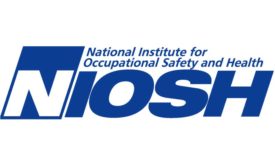Psychology in the Workplace
Improve your investigation skills
Recommendations should be specific, measurable, achievable, realistic and timely
February 21, 2019
Good health boosts fitness, morale & productivity
Preventive, proactive processes reduce costs & increase safety & performance
February 18, 2019
Editor's Letter
Out of the loop: Reasons to care about workers who feel alone
February 7, 2019
Report problems & precursors early & often
Hey, you — keep that door open!
January 16, 2019
Become a Leader in Safety Culture
Build your knowledge with ISHN, covering key safety, health and industrial hygiene news, products, and trends.
JOIN TODAYCopyright ©2025. All Rights Reserved BNP Media.
Design, CMS, Hosting & Web Development :: ePublishing












